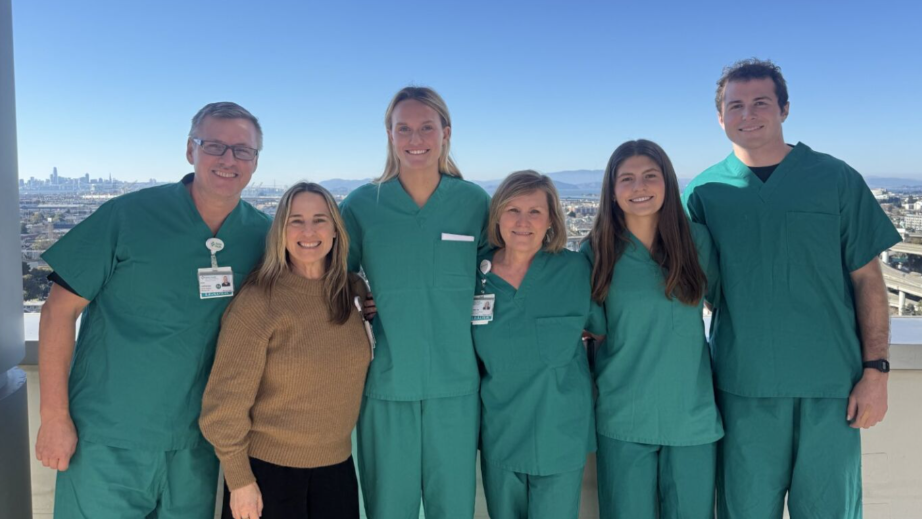Anyone who has been in the hospital knows the relief that comes with being discharged home. But for some, getting discharged brings up new concerns and questions. How can they stay healthy and receive the right care at home, helping reduce the chances of returning to the hospital? Health systems like Sutter Health and local not-for-profit organizations are teaming up in new and creative ways to answer the call.
At Sutter Tracy Community Hospital in Tracy, Calif., community health and care teams collaborate with Catholic Charities of the Diocese of Stockton. The organization helps support patients’ safe discharge from the hospital with connections to community services, while remaining independent at home long-term through the Homecoming Project. It provides services like improved access to medical equipment, nutritious food, transportation, medication delivery, insurance navigation, counseling and caregiving.
“We are steadfast in our commitment to best serving the diverse needs of our community, and care for our patients doesn’t stop when they leave the hospital,” said Scott Knight, CEO of Sutter Tracy Community Hospital. “Partnering with local organizations like Catholic Charities of Stockton helps support a smooth transition back home with a wide variety of ongoing care and support as needed.”
Catholic Charities has provided direct social services to the most vulnerable, underrepresented citizens of San Joaquin, Stanislaus, Calaveras, Tuolumne, Alpine and Mono counties for more than 85 years. It is the only program in San Joaquin County authorized to run its own Multipurpose Senior Services Program, which it has operated for the past 15 years. The nonprofit also runs its own food bank and has a transportation department and counseling program in-house.
Over 1,200 individuals have been served through the program since its inception. One client’s wife recently felt overwhelmed by the demands of caring for her husband, who had multiple chronic illnesses. In addition to cooking all his meals and providing personal care, she drove him to multiple appointments each week.
A critical part of determining services clients need includes home visits. Karla Morales, a comprehensive care manager who triages referrals from Sutter Tracy, emphasized the visits are a key component of the program’s effectiveness. “We get to see what caseworkers in the hospital aren’t necessarily able to see, allowing for the most comprehensive care solutions,” she said. “Sometimes, patients say they have food, but we’ll find items are months expired. People will also say they have reliable transportation, but we see that it isn’t, and the person can’t drive, so we provide transportation assistance. By visiting homes, we can recommend services based on firsthand knowledge.”
Learn more about Sutter Health’s community health investments
With help from the Homecoming Project, the client’s wife received immediate support to help make her husband’s transition home safe and as smooth as possible. The transitional care specialist visited their home and connected them with homecare services for light housekeeping and meal preparation. Her husband was also enrolled in home prescription delivery, saving his wife the extra trips to the pharmacy. All of which relieved stress and constant worries, so the couple could focus on key health needs and enjoy their time together at home, knowing essential tasks were handled.
Teaming up with community partners is essential to Catholic Charities’ ability to provide clients with high-quality, personalized and all-encompassing care services.
“Catholic Charities is incredibly grateful to organizations like Sutter Health for working with us to move our mission forward,” said Martha Arevalos, executive director of Catholic Charities of the Diocese of Stockton. “Together, with the Sutter Tracy team, we are able to connect people with critical services to support their safe return to the comfort of their homes while maintaining independence into the future.”





